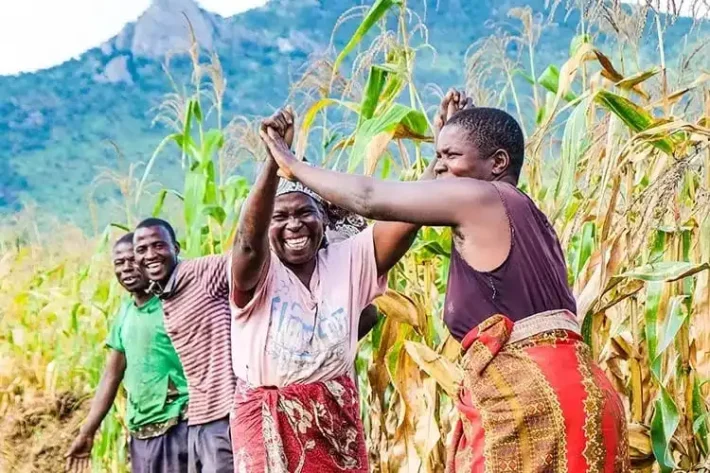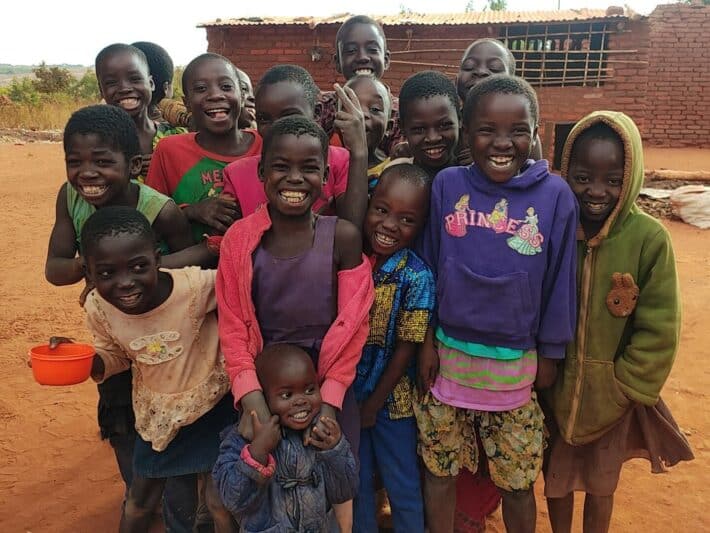The Culture of Malawi: Chitenje Cloth and Traditional Dress
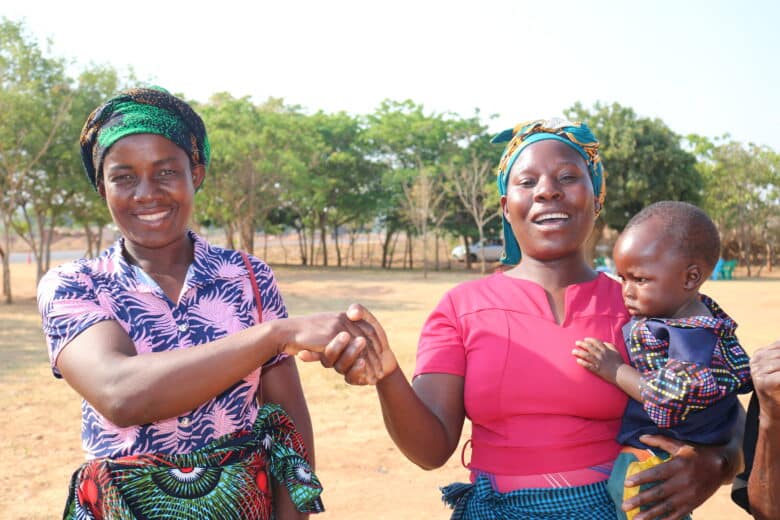
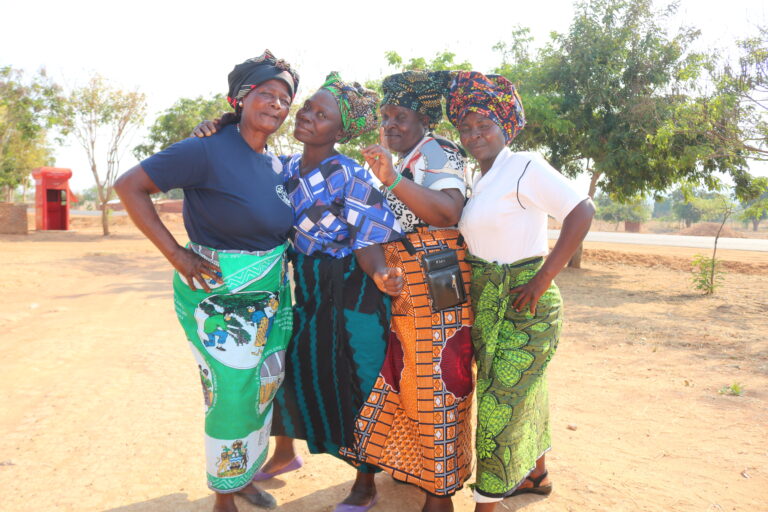
Chitenje cloth is part of traditional dress in Malawi
Bright, colorful fabrics worn as skirts, headwraps, or even as baby carriers, chitenje cloth is part of the fabric of African life and reflects the rich cultural heritage of Malawi and other African countries. In this blog, we’ll explore how chitenje is used in Malawi.
The origins of chitenje cloth
Chitenje cloth traces its origin to Indonesia and was brought to Africa hundreds of years ago by traders. Popular for its bright colors and enticing patterns, chitenje, also known as ankara fabric, is common in Eastern Africa. In Malawi, you will commonly find chitenje for sale in marketplaces as whole sheets, which are 2.5 yards long by a width of approximately 46-48 inches. It is thickly waxed, giving it a sheen and heft that makes it ideal for many purposes.
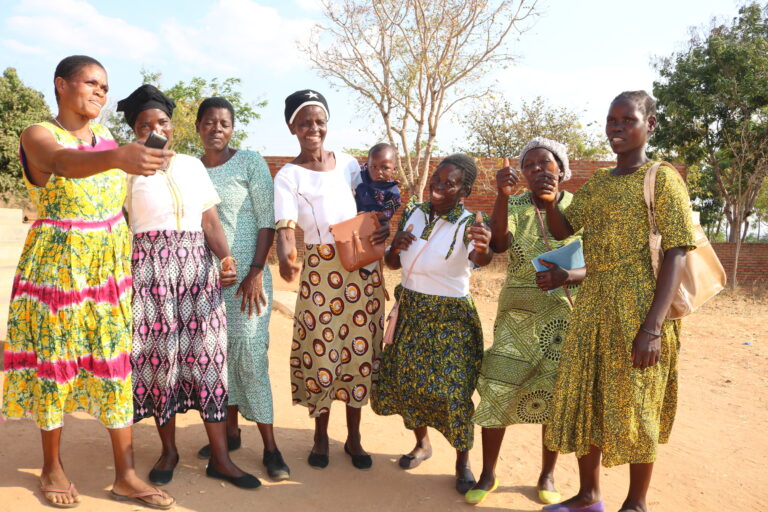
Chitenje cloth and traditional dress in Malawi
In rural areas of Malawi, women wear chitenje as a wrap skirt or dress, tied off in a knot. It is also used wrapped around the body as a baby carrier, as well as a wrap for newborns. Rural Malawian women generally keep their legs covered at all times, and the large size of chitenje makes this easy to achieve.
In more urban areas of Malawi, women tend to dress in more Western styles, but still often use chitenje as a head wrap or have it tailored into a dress, shirt, or even purses and bags. Historically, men did not wear chitenje, but recently have been encouraged to do so by politicians and those in authority.
Political significance of chitenje in Malawi
Beginning with the first president of Malawi, Hastings Kamuzu Banda, it has been popular for political parties to commission special chitenje for each election with the face and colors of the candidate who is running for office. People who support that candidate then wear those chitenje to rallies and other events to show their support. The cost of this practice has become a debate, with some Malawians feeling that it is an unnecessary expense in a country that has a struggling economy.
Cultural significance of chitenje cloth
Chitenje cloth holds special significance in African culture and reflects the varied styles of the countries where it is found. There is never a shortage of new patterns and women will often purchase several of the same cloth so that they can match with their family or friends. Chitenje cloth is a stylish and vibrant way for women and men to express themselves, as well as providing an affordable piece of clothing for Malawians.
To learn more about Malawian culture, check out our other blogs on Malawian food and Malawian religions, and stay tuned for more in this series!


